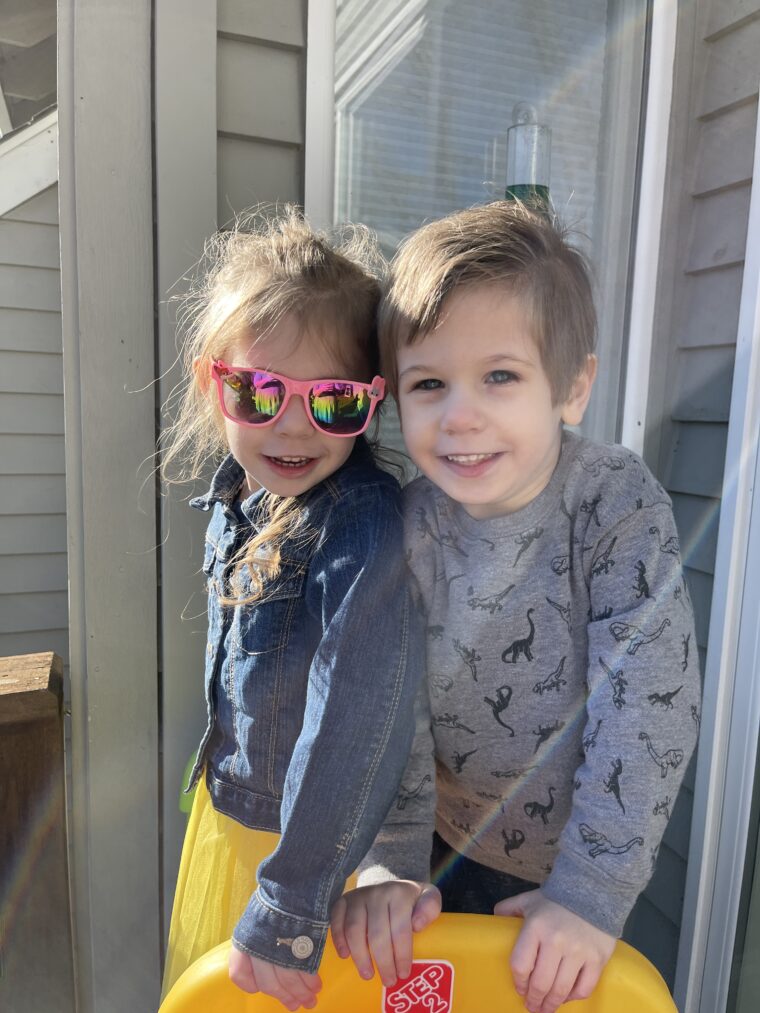Problems Gifted Children Face More Than Others Do

It’s no secret that gifted children often have exceptional struggles in the areas of behavioral and social development. While all children face similar problems growing up, these issues tend to be more intense with gifted children. Their extraordinary abilities can place an intolerable strain on them. The main pitfalls that often cause gifted kids to appear problematic or badly behaved do have solutions. We only need to see them for what they are, a natural byproduct of higher cognitive ability. When we properly identify the common problems gifted children face we can better understand them. Thus, we can help promote a healthy way to deal with these problems without assuming the worst.
When it comes to common problems gifted children face, there are four main issues underlying what looks on the surface to be misbehavior. These four categories are natural potential weaknesses for gifted children because their unique minds process everything differently. They are bound to face obstacles socially, developmentally, and even internally. Here’s how:
Unbalanced Development
It’s well known that gifted people have social problems. Maybe they get anxious around people or they’re antisocial. But what you know may not be so! There is a natural explanation for why gifted children might seem antisocial. Because of their cognitive gifts, they usually surpass their peers in academic thought, but they are still young. Their other skills such as social and emotional, etc have not caught up. A child who is intellectually advanced should not be expected to be advanced in all areas of life. Unfortunately, this lack of balance can lead to difficulty fitting in with others their age because their interests often do not align.
Unexpected Intensities
Another area of difficult problems gifted children face is heightened sensitivities and more intense reactions. According to the fascinating Polish Psychiatrist Kazimierz Dabrowski, there are five such intensities, or overexcitabilities, that gifted children are more likely to face. These are intellectual, imaginational, sensual (strong reactions to sounds, light, etc.), psychomotor (often misunderstood as ADHD), and emotional. Overstimulation from any of these can result in a system shutdown. It’s important to view the observed response through the proper lense in order to help overcome the problems that arise in any of these scenarios.
Under or Over Achievement
Perfectionism is very common with gifted children. This innocuous trait doesn’t always seem like a bad thing. Some parents and teachers even encourage it. However, negative side effects from perfectionism can be damaging to the precise potential that drives this obsession. Unchecked, perfectionism can lead to overly competitive behavior, unrealistic expectations, and even underachievement in those who would opt-out rather than commit to achieving optimal success.
Underdeveloped Sense of Self
Finally, the labels of others may impair a gifted child’s sense of self. Not fitting in with the crowd can make gifted children feel “on the outs”. Some peers may bully and mistreat them because they are different. These negative social experiences don’t always happen, but they often do. They can happen to anybody, yet the unique sensitivity gifted children possess can cause them to disconnect from a true sense of self at valuable developmental stages in their lives.
Unlike other problems gifted children face, this one is more external than internal. So it is easier to spot, but you may have to know when to look for it. If your child suffers from low self-esteem, anxiety or depression, this may be the cause. All adolescents have exposure to factors that can drive these emotions, but gifted children can feel them more deeply, so it’s especially important to be alert to negative social experiences.
